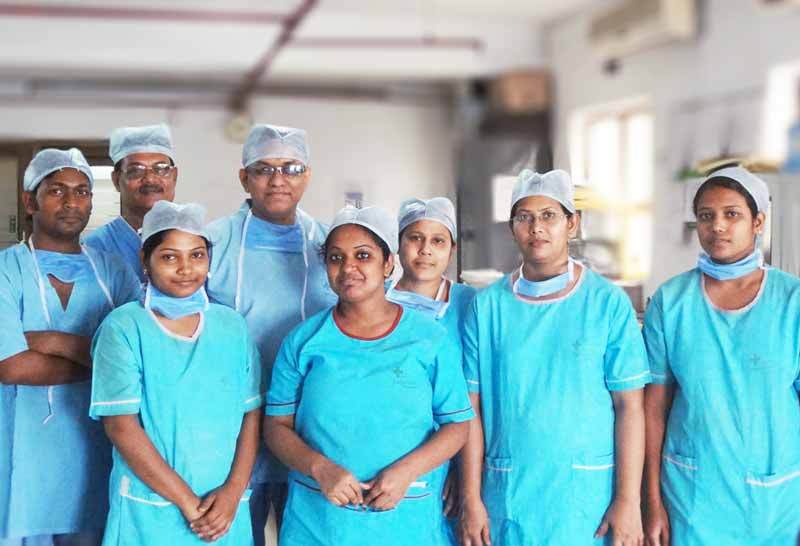
The Link Between Endometriosis and Infertility: Exploring the Connection
Endometriosis is affecting millions of women worldwide and is known for its debilitating symptoms. However, beyond the pain and discomfort, endometriosis can also significantly impact a woman’s fertility. Let’s delve into the connection between endometriosis and infertility, shedding light on the factors that contribute to this link and exploring potential treatment options.

endometriosis specialist in kolkata
Endometriosis and Fertility
Abnormal tissue growth due to endometriosis can lead to the formation of scar tissue and adhesions, causing organs in the pelvic area to stick together. Such structural changes can have a detrimental effect on fertility.
Impaired Ovulation and Hormonal Imbalances
Endometriosis can disrupt the normal hormonal patterns required for ovulation. Ovarian cysts, commonly associated with endometriosis, can interfere with the release of eggs, making it more challenging for conception to occur. Additionally, hormonal imbalances caused by endometriosis can result in irregular menstrual cycles, further hindering fertility.
Adhesion Formation and Tubal Blockage
Endometriosis-related adhesions can cause organs such as the fallopian tubes to become stuck together. This can obstruct the movement of eggs from the ovaries to the uterus, making it difficult for fertilization to occur. Furthermore, the presence of endometriosis in the fallopian tubes can increase the risk of ectopic pregnancies, which can be dangerous and further impact fertility.
Inflammation and Pelvic Inflammatory Disease (PID)
Endometriosis is associated with chronic inflammation, which can promote the development of pelvic inflammatory disease. This can cause severe damage to the fallopian tubes, uterus, and ovaries, further complicating fertility. Inflammation and scar tissue formation can impede the normal functioning of reproductive organs, reducing the chances of successful conception.
Treatment Options for Endometriosis-Related Infertility
Fortunately, several treatment options are available for women facing infertility due to endometriosis. Surgical interventions can be performed to remove endometrial implants and adhesions, enhancing fertility potential. Specific reproductive technologies, such as in vitro fertilization (IVF), offer viable options for women struggling with endometriosis-related infertility. Hormonal therapies, such as oral contraceptives or gonadotropin-releasing hormone (GnRH) agonists, can also help manage symptoms and improve fertility outcomes.
In The End
Endometriosis and infertility are closely intertwined, with the condition significantly impacting a woman’s ability to conceive. By understanding the mechanisms through which endometriosis affects fertility, individuals and healthcare professionals can work together to develop personalized treatment plans. Early diagnosis, effective management of symptoms, and appropriate fertility interventions can help women with endometriosis achieve their dream of parenthood.